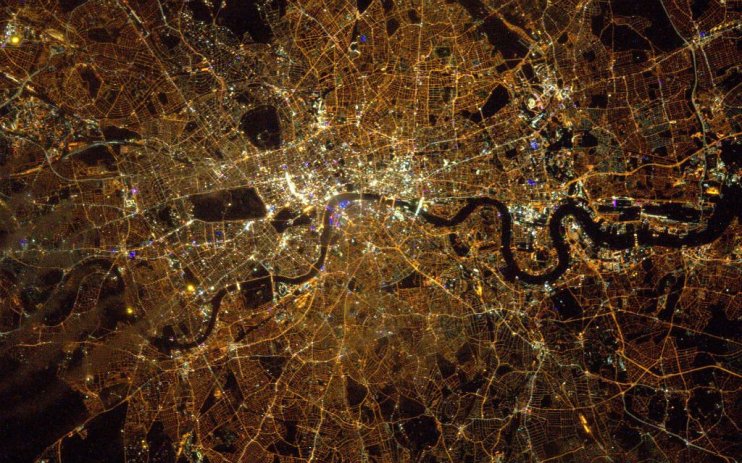Sadiq Khan declares ‘major incident’ in London as Omicron cases surge

Mayor of London Sadiq Khan has declared a ‘major incident’ in London, amid intensifying rumours of a post-Christmas lockdown across the country.
A major incident is any emergency requiring special arrangements for either the emergency services, the NHS or the local authority.
This follows reports that the highly transmissible Omicron variant now accounts for 80 per cent of new Covid-19 cases in the capital, with 26,000 infections reported in London on Friday.
Khan explained Omicron was now the “dominant variant” in the capital and was having an impact on staff absences in the emergency services across the city.
He said: “I’ve taken the decision, in consultation with our partners, to declare a major incident today. This is a statement of how serious things are.”
The UK suffered three successive record days of Covid-19 cases between Wednesday and Friday.
Numbers fell slightly on Saturday, but remain high with 90,418 cases and 125 deaths over the past 24 hours were reported.
There are also 7,611 people now in hospital who have tested positive for the virus.
Meanwhile,10,000 Omicron cases have officially been confirmed across the UK with seven deaths and 85 hospitalisations.
The mayor previously made an identical announcement in January when rising COVID-19 cases threatened to overwhelm hospitals.
Soon after, the UK began a three-month lockdown, before embarking on a supposedly irreversible pathway to freedom.
His latest statements follow sustained speculation that ministers are considering ‘Plan C’ restrictions after Christmas – including for potentially two weeks.
This would ban indoor mixing in England except for work for the fortnight after Christmas with pubs and restaurants would be limited to table service outdoors.
SAGE is reportedly pushing for restrictions to come even earlier.
According to The Independent, the group has reportedly been holding emergency talks with cabinet ministers today, warning that waiting until after Christmas to bring in measures could be too late to curb hospitalisations.
Its gloomy modelling warns of potentially 3,000 hospitalisations a day, with the government now openly assessing ‘Plan C’ options.
Prime Minister Boris Johnson is due to chair an emergency committee meeting over the weekend with the devolved administrations in Scotland, Wales and Northern Ireland, which have their own powers over public health.
He has faced extensive political backlash among his own MPs when introducing Plan B measures this Christmas – including Covid-19 passes, mask mandates and compulsory vaccinations for NHS workers.
A hundred Tory MPs rebelled against Covid-19 passes, which they fear will work as vaccine passports, while the Conservative Party suffered a humiliating by-election defeat in North Shropshire.